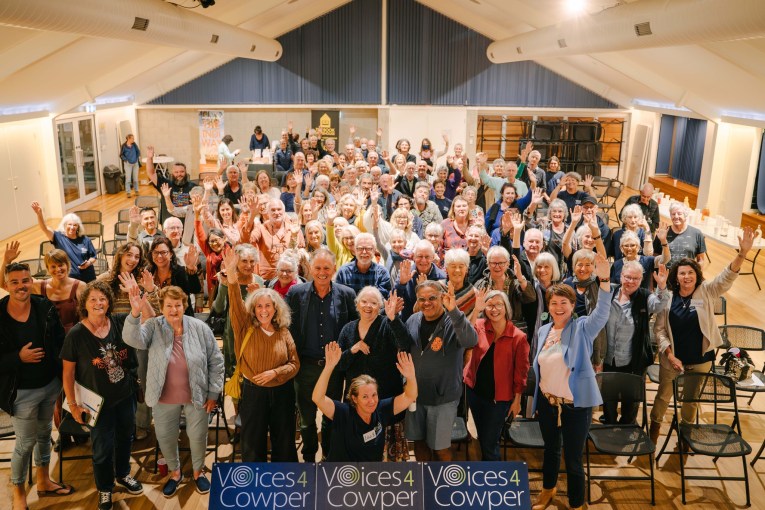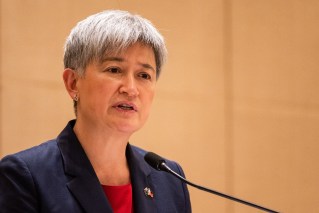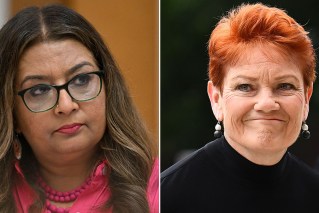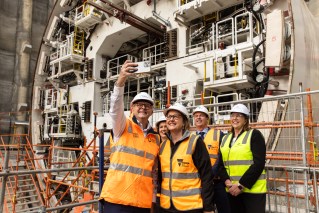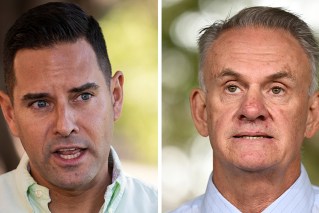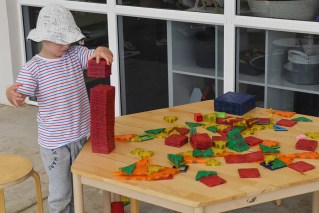Discontent with Cook byelection candidates opens door for future independent run

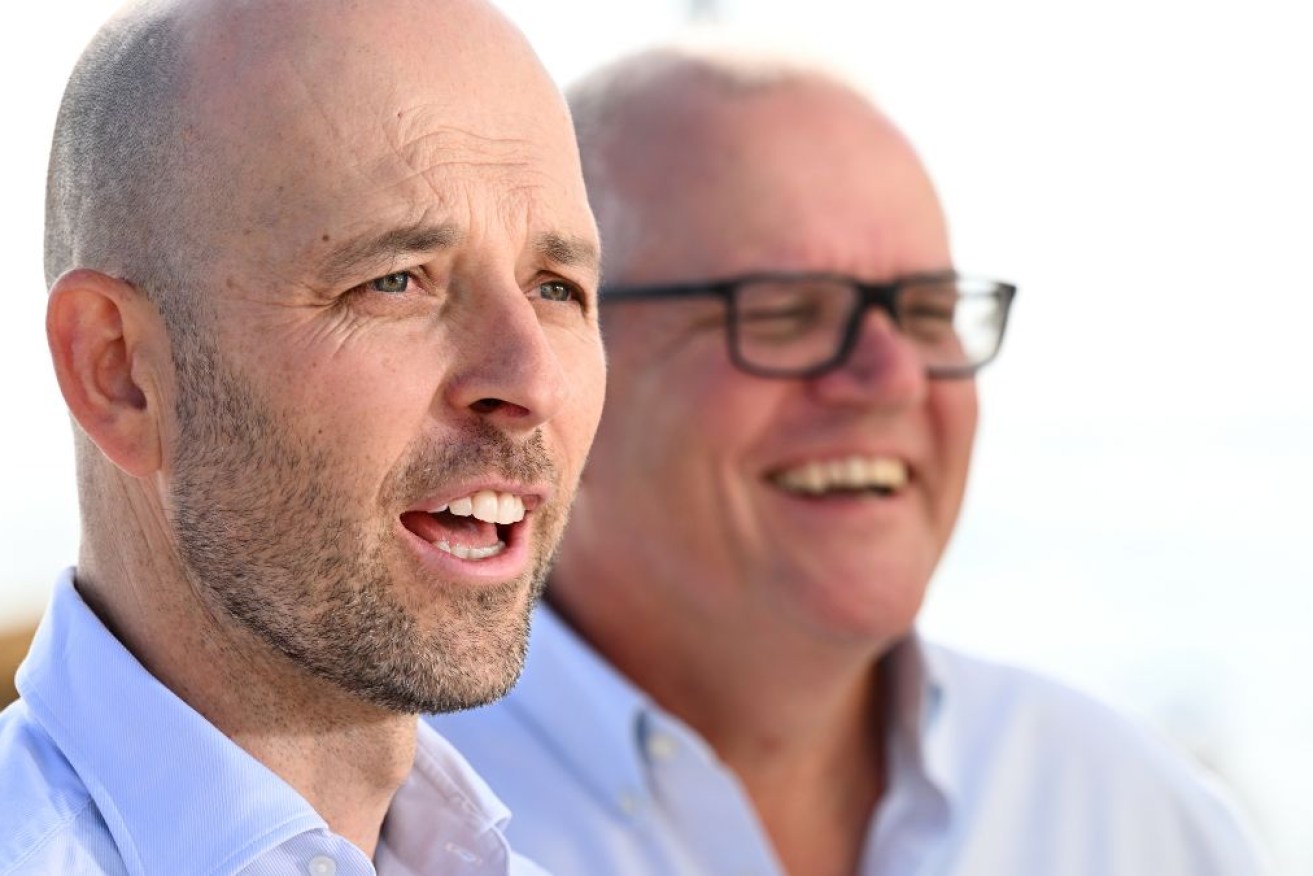
Simon Kennedy's preselection and Labor failing to run a candidate has created discontent in Cook. Photo: AAP
Liberal candidate Simon Kennedy will run virtually unopposed in Scott Morrison’s former seat of Cook in the April 13 byelection, but local dissatisfaction with a parachuted candidate and Labor’s decision to skip the contest may open the door to a future tilt from a teal independent.
Kennedy isn’t from within the electorate, which covers southern Sydney suburbs like Cronulla and Kogarah, but controversially won preselection over Sutherland Shire Mayor Carmelo Pesce and veterans advocate Gwen Cherne, who both live in the area.
A Liberal source, speaking on the condition of anonymity, told The New Daily that while Kennedy has been working hard to engage with locals and businesses, there is serious discontent with his preselection.
“People were expecting someone local and are asking why is the Liberal Party doing this to us,” they said.
“I’ve spoken to people at pre-polling and they are saying ‘Who is this blow-in?’, and the feedback is that they don’t know who any of these people are.”
Simon Earle, Labor’s candidate in 2022 against Morrison, has stated he was willing to run again, but the party chose not to contest the byelection.
The Greens have named climate activist and artist Martin Moore as the token opposition to the Liberal Party, while the Libertarian, Animal Justice, Sustainable Australia parties and a little-known independent are also on the ballot.
Teal for Cook?
Morrison retained his seat by a significant, albeit reduced, margin in 2022, but the Liberal source said that any attempt to launch a teal independent campaign should be taken seriously by the Liberal Party.
“People wanted Labor to run a candidate,” they said.
“I thought we’d have learned our lesson from Aston. We held that seat for years.”
Although too late to contest the byelection, Voices of Cook has launched in an earnest start for a search for an independent and local candidate before next year’s federal election, using the tried-and-tested model that propelled half a dozen independents into Parliament in 2022.
Promoting itself as a “non-partisan community group working to promote participation in democracy and accountable representation,” the community campaign launched its social pages in late March.
“We deserve genuine local representation,” the group’s social media page states.
“A local who knows our needs and goes to Canberra to represent us, not just toe another party line.”
Denis Ginnivan, founder of Voices for Australia and co-author of the Indi Way, said for new Voices groups to be successful, they must have a common sense of purpose, vision and strategic direction.
“Some people think that the Voices group means you’re getting rid of an unpopular incumbent, but it isn’t that at all,” he said.
“The reason we formed was that people weren’t happy with the way in which politics was playing out for us in Indi. We decided to build a community engagement process.”
Voices for Indi, where Ginnivan was a founding member and former president, interviewed more than 500 people about what they wanted from their local representation in a process known as a kitchen table conversation.
Community representation
Ginnivan said it is important that the shape and structure of the Voices group cater to what people locally want and need.
“The community has to want it themselves. It’s a community up rather than a party down approach,” he said.
“It is inspiring to see an approach where people value democracy and the principles behind it.”
Voices of Indi chose Cathy McGowan as its community candidate, and she became the first woman to be elected to the crossbench in 2013.
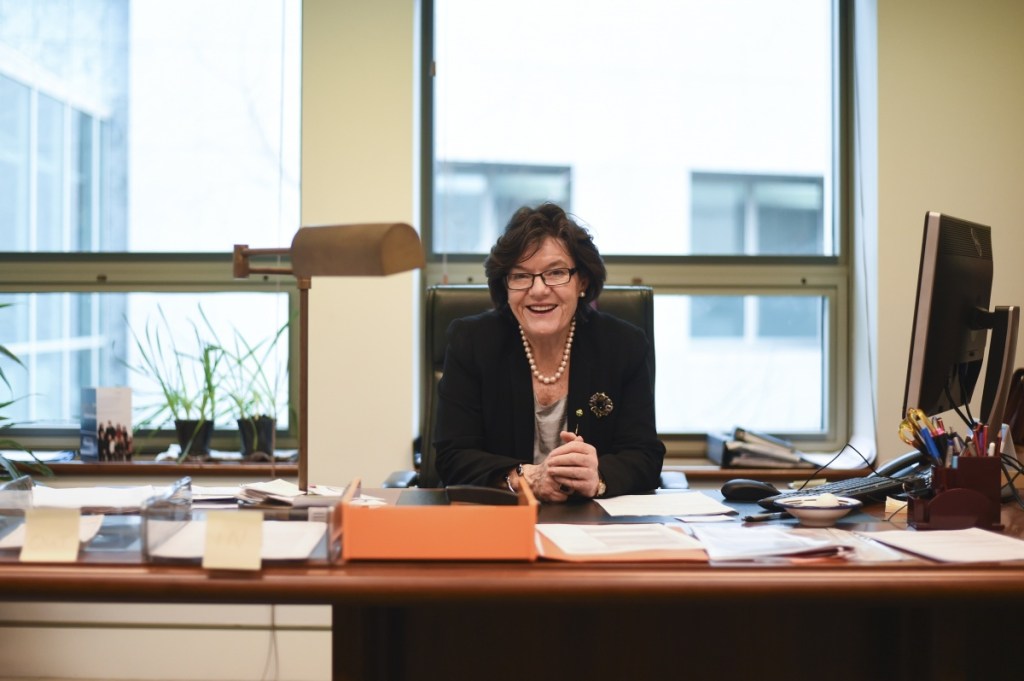
Cathy McGowan and Voices of Indi pioneered a model now being used across Australia. Photo: AAP
McGowan, after retaining the seat in 2016, passed the baton to independent Dr Helen Haines, making it the seat longest held by an independent.
Voices of Warringah helped Zali Steggall defeat former PM Tony Abbott in 2019 using the same model of community engagement, while several teal candidates adopted the model in the 2022 election to huge success in former Liberal heartlands.
Like Voices for Cook, many are now in the process of launching before the next federal election, including in marginal seats like Deakin, while independent candidates who narrowly lost in 2022 are having another tilt at Parliament.
